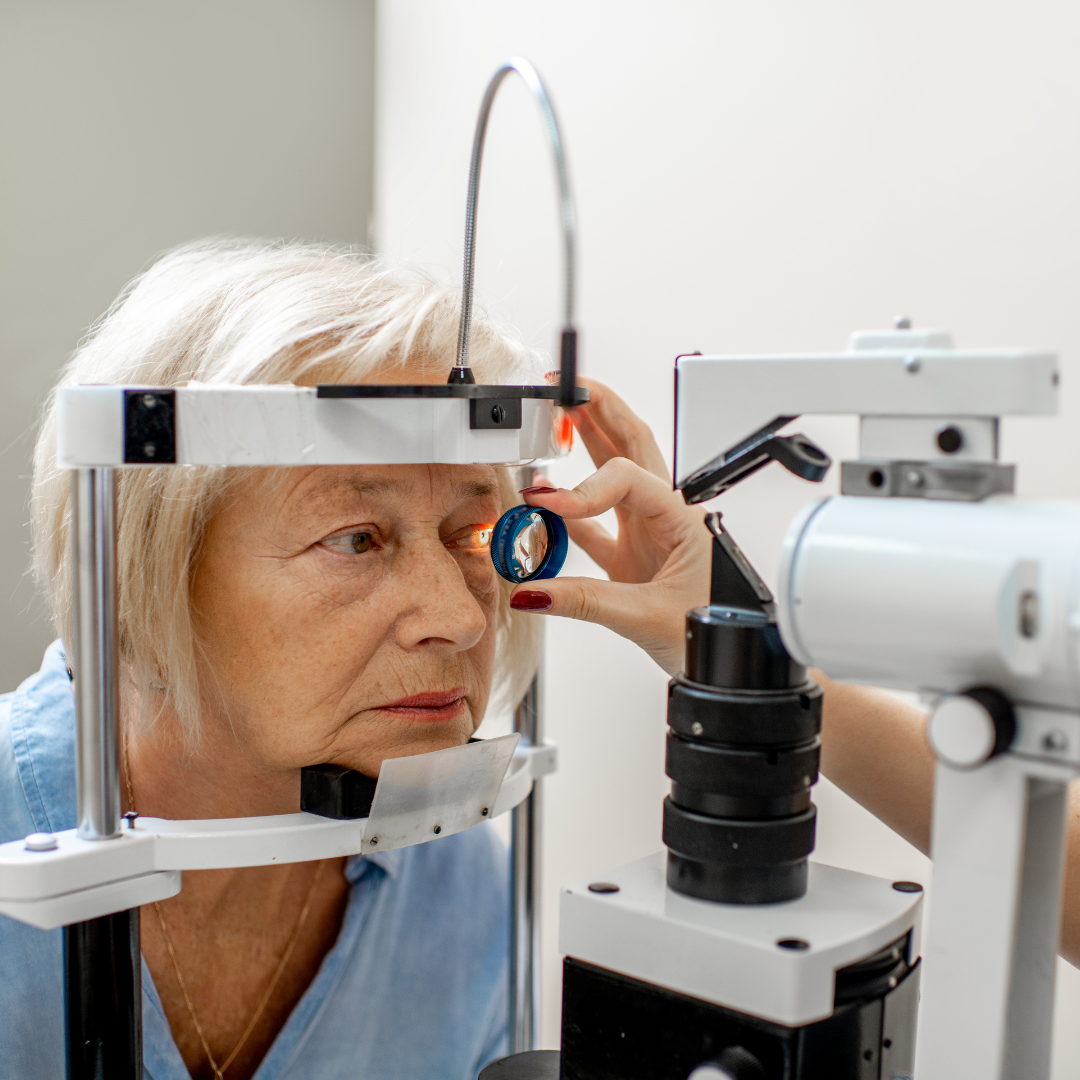A balanced maintenance diet is of particular importance for staying healthy as you get older. The wholesome nutrients will help you preserve skin vibrancy, remain energized, and fill up your body with essential nutrients. This is a great way to reduce the risk of developing chronic diseases, including heart disease, kidney disease, or diabetes.
A balanced diet is the cornerstone of a fast healing process. As a result, an increasing number of caregivers place great importance on a proper diet when caring for elderly patients.
Imagine that according to the National Resource Center on Nutrition, Physical Activity, and Aging, 1 in 4 older people in the US has poor nutrition. Besides, malnutrition carries the risk of uncontrolled weight gain or underweight. One way or another, this process can be very detrimental to the loved one’s body and lead to muscle tissue weakening. It can also negatively affect immunity and make a person vulnerable to disease.
To meet senior’s nutritional needs, you need to heed the advice of professional caregivers who have years of experience in preparing food for the elderly.
5 Tips to Right Eating in Old Age
Let’s take a look at a few essential tips about the healthiest foods for seniors and which ingredients to eliminate from senior’s daily diets.
Here are 5 tips to help you find the most beneficial elderly care products:
- Today, “MyPlate” is the latest nutrition guide from the USDA (the United States Department of Agriculture). It includes the 5 most important components that should be added to the daily diet of every person. These ingredients include grains, vegetables, fruits, percent protein, and dairy products.
- Strike the right balance to get the right amount of nutrients on your plate. The USDA recommends the following ratio of ingredients: 30% grains, 40% vegetables, 10% fruits, and 20% protein.
- Make it a routine to read the nutrition facts label. Remember, the healthiest foods are whole foods. When it comes to packaged food, then it is better to be a smart shopper. Check the product label to ensure the product you choose is low in fat, added sugars, or sodium.
- Don’t go too far in recommended servings. To maintain the correct weight, older people need to eat the amount of food appropriate for their age and body weight.
- Keep an eye on the right water balance. Water is also an essential nutrient in an older person’s daily diet. Be sure to keep track of the amount of fluid your client consumes during the day. In most cases, you need to keep fluids with sugar and salt at a minimum.
Widespread Foods Seniors Should Avoid
There is also a list of foods that should be excluded from the diet of a loved one. Here are 5 foods that you definitely shouldn’t eat in old age:
- Cheese is often considered a healthy dairy product that supplies the body with calcium and other vital components. However, things are different when it comes to soft cheeses, including brie, camembert, and gorgonzola. These cheeses are low in acidity and store in relatively high humidity. Such storage conditions can provoke the appearance of Listeria and other bugs. In any case, the foods can affect the weakened immune system of an older adult.
- Undercooked eggs can cause food poisoning for a loved one. Keep in mind that all eggs must be boiled until the white and yolk harden. By the way, you also should avoid homemade mayonnaise and hollandaise sauce – as they may contain partially undercooked eggs.
- Raw seafood, including lobster, scallops, or shellfish, must be cooked before consumption. This is necessary to kill all harmful bacteria and parasites that can provoke a variety of diseases. If the older person loves sushi, make sure the fish fillets have been frozen for at least 4 days. Cold is one of the most effective ways to kill bacteria once and for all.
- Perhaps raw milk is a healthier product than the pasteurized one that you can buy at any supermarket. On the other hand, unpasteurized dairy can contain various disease-causing bacteria that can trigger food poisoning.
- Grapefruit is also an undesirable food ingredient that is contraindicated in older people taking medication for high blood pressure. Make sure to contact a healthcare professional before adding it to a senior’s daily diet. This fruit can interfere with individual medicinal components and cause serious side effects.
Final Word
If you are looking to take care of an older person, pay due attention to a balanced diet and proper eating habits. If an older adult has a gastrointestinal disorder, it is best to consult with a licensed dietitian or healthcare practitioner to draw up an appropriate meal plan.
If you are looking for a professional caregiver for your loved one, look no further than All Heart Homecare Agency. Our agency has been offering affordable home care services for over 9 years and helps 1000+ clients every day. Call Us at 888-388-8989 and get a free consultation straight away.













